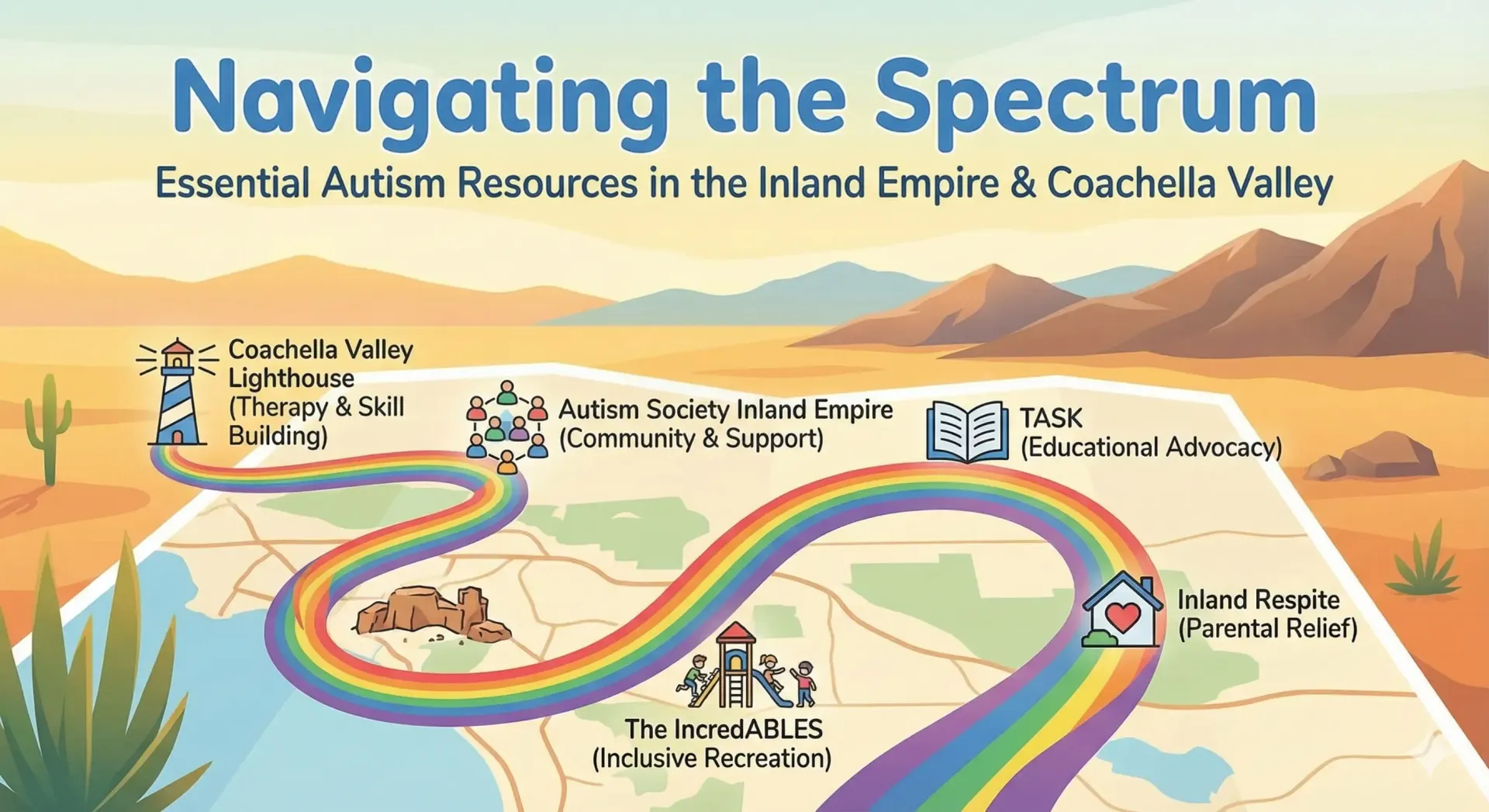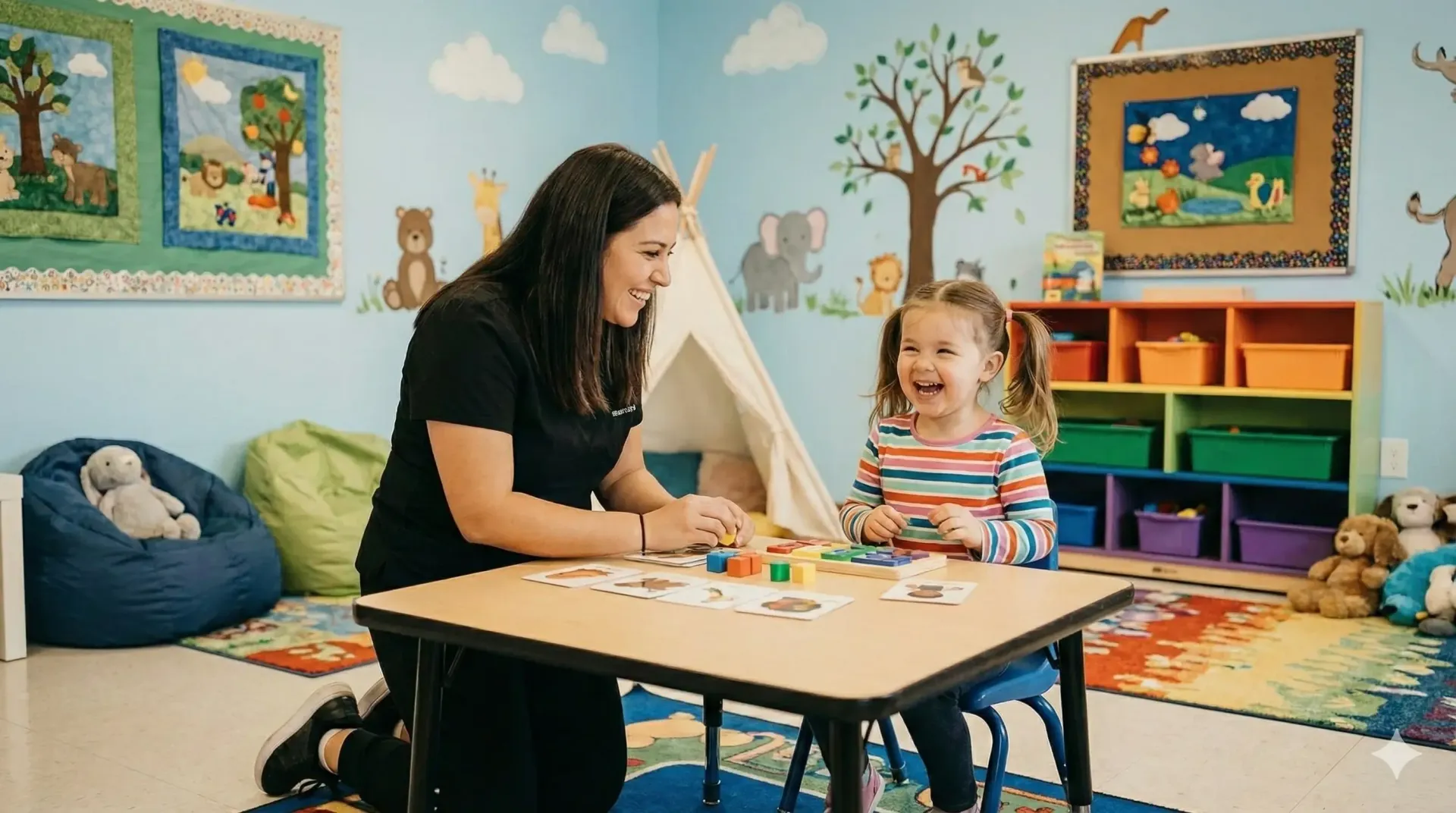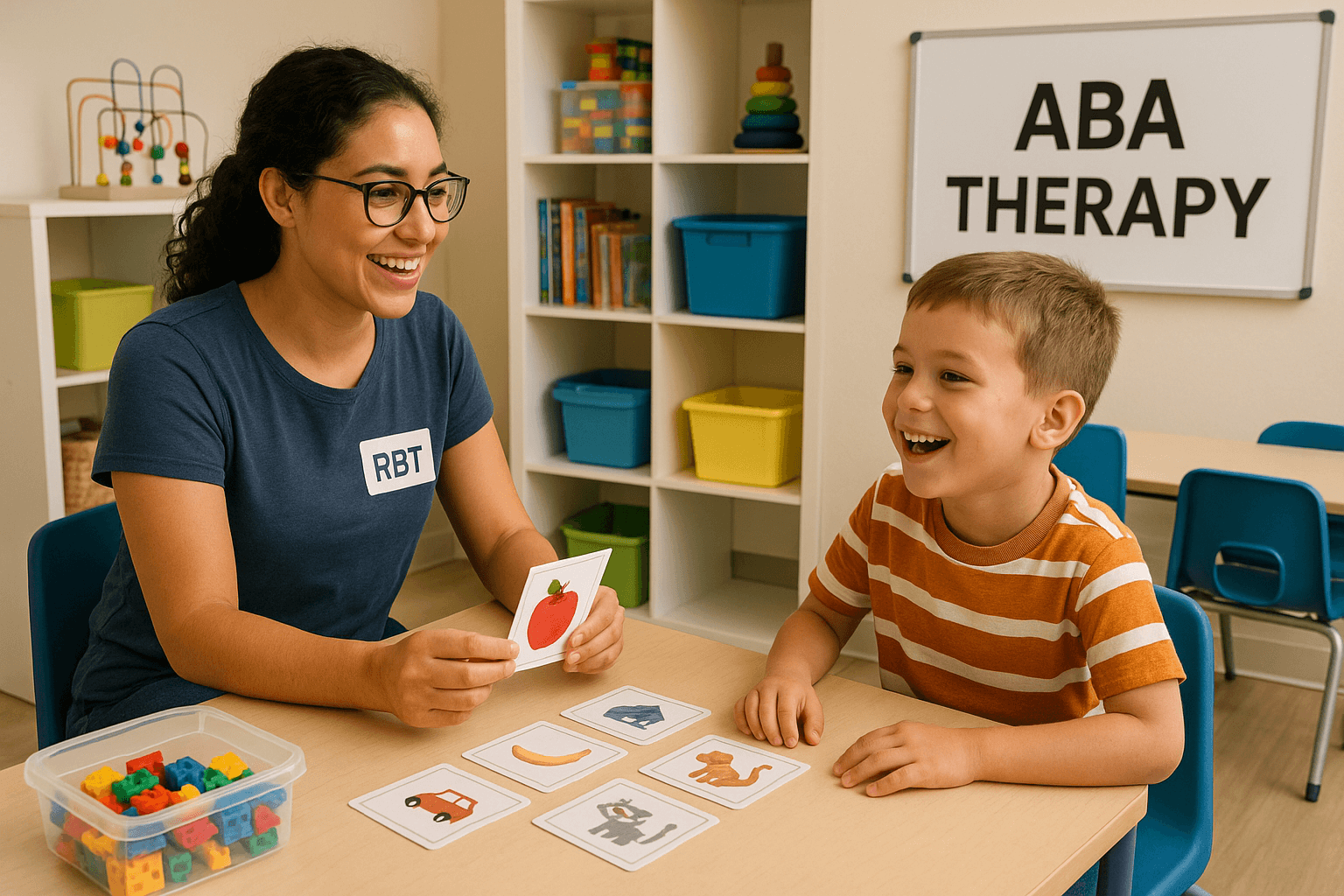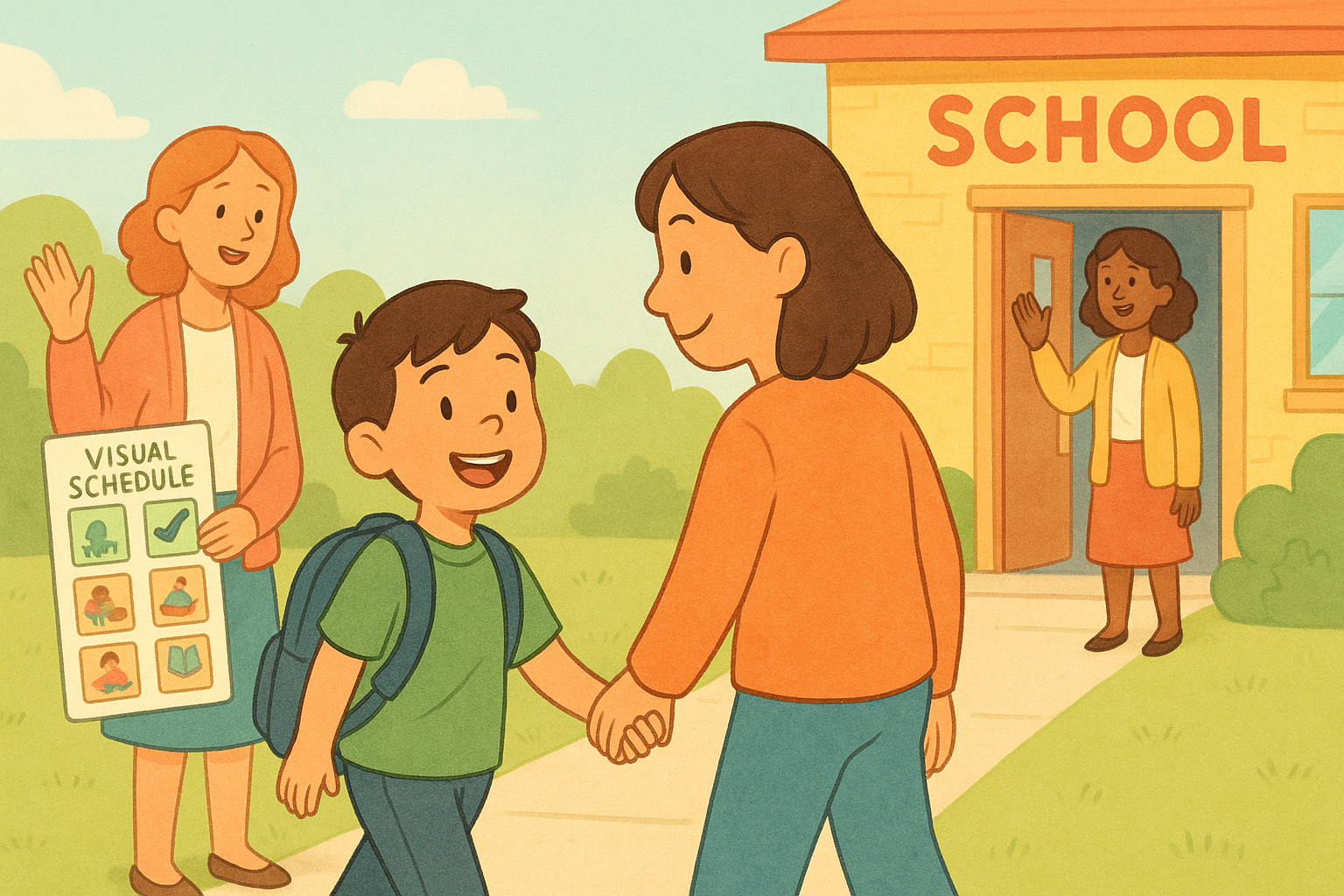How to Advocate for ABA Therapy Services in School Settings
As a parent of a child who benefits from ABA (Applied Behavior Analysis) therapy, ensuring that your child’s needs are met in various settings, including school, can be challenging. However, advocating for ABA therapy services in schools is possible and can provide a consistent approach to your child’s behavioral and learning development. Below, we outline practical strategies to help you effectively advocate for ABA services within a school setting.
Understand Your Child’s Rights
The first step in advocating for ABA therapy in schools is understanding your child’s legal rights. Under the Individuals with Disabilities Education Act (IDEA), children with autism and other developmental disabilities are entitled to a Free and Appropriate Public Education (FAPE) tailored to their unique needs. This may include behavioral interventions such as ABA therapy if deemed necessary for their success.
Knowing the terminology and legal frameworks is key. If ABA therapy is essential for your child’s progress, you can argue that it should be part of their Individualized Education Program (IEP). The IEP is a legally binding document that outlines the specific services and supports your child needs to succeed in school.
Get a Professional Evaluation
For ABA therapy to be included in your child’s school-based services, it’s important to have a clear, professional evaluation. Licensed professionals such as Board Certified Behavior Analysts (BCBAs) can assess your child’s behavioral needs and recommend ABA therapy as a beneficial intervention. Having this documentation is critical when presenting your case to the school.
A professional evaluation helps highlight how ABA techniques can assist with specific educational and behavioral goals, making it easier to argue for their inclusion in the IEP. Make sure that the report clearly outlines why ABA is necessary and how it will support your child’s success in the classroom.
Collaborate with School Staff
Building a collaborative relationship with school staff is crucial. Teachers, school psychologists, and administrators are more likely to be supportive of ABA services if they understand how it will benefit your child and complement the school’s goals. Open communication allows for discussions about how ABA can be integrated into daily classroom activities and supports.
Offer to meet with the school’s special education team to discuss the potential for ABA implementation. Many school districts may not be familiar with the specific benefits of ABA therapy, so providing evidence-based research and success stories from your child’s experience can help make your case more compelling.
Request an IEP Meeting
The IEP is your most powerful tool in advocating for ABA therapy in a school setting. If ABA is not currently part of your child’s educational plan, you can formally request an IEP meeting to discuss the possibility of including it. During this meeting, you’ll have the opportunity to present professional evaluations, progress data, and your reasoning for why ABA therapy is necessary for your child’s development.
In the meeting, be clear and specific about your child’s needs. Highlight how ABA therapy will help address challenging behaviors, social skills deficits, or academic challenges that impede their learning. Remember, the goal is to show how ABA will contribute to their educational success.
Know Your Options If You Face Resistance
Unfortunately, not all schools are immediately receptive to the idea of incorporating ABA services, often due to budgetary constraints or lack of understanding about its effectiveness. If you encounter resistance, you have several options:
- Mediation or Due Process: If the school refuses to include
ABA therapy in your child’s IEP, you may need to pursue mediation or a due process hearing. These are legal avenues that allow you to argue for your child’s educational rights under IDEA.
- Private Services: If ABA services are not provided in the school, some parents opt for private ABA therapy outside of school hours. However, integrating ABA therapy during the school day can provide more comprehensive support for your child’s development.
- Hire an Advocate: If navigating the school system feels overwhelming, you may consider hiring an educational advocate who specializes in securing services like ABA therapy. Advocates are well-versed in special education law and can help negotiate on your behalf.
Stay Informed and Persistent
Advocating for your child’s needs in a school setting requires patience and persistence. Stay informed about your child’s progress and make sure to consistently follow up with school staff. Keep detailed records of all meetings, reports, and communications related to your advocacy efforts. The more organized and proactive you are, the stronger your case will be.
Additionally, educating yourself on the latest developments in ABA therapy and special education law will empower you to continue advocating for your child’s best interests.
Work Toward Compromise When Necessary
In some cases, school districts may not be able to provide full ABA services but might offer alternatives, such as behavioral support plans (BSPs) or positive behavior interventions and supports (PBIS). While these options may not be as comprehensive as ABA therapy, they could still provide valuable assistance to your child.
If full ABA therapy isn't immediately available, consider working toward a compromise that includes key ABA strategies implemented by school staff. Over time, you can advocate for more formal inclusion as the school becomes more familiar with your child's needs and the benefits of ABA therapy.
Coachella Valley Lighthouse: Helping You Advocate for ABA in Schools
Advocating for ABA therapy services in a school setting can make a significant difference in your child’s educational journey. By understanding your child’s rights, collaborating with school staff, and persistently pursuing the services they need, you can help ensure they receive the support necessary for success.
If you’re looking for expert guidance on ABA therapy services, call Coachella Valley Lighthouse at 760-625-0951. We're here to support parents and children through every step of the advocacy process.
FAQs
What legal rights does my child have regarding ABA therapy in schools?
Under the Individuals with Disabilities Education Act (IDEA), your child has the right to a Free and Appropriate Public Education (FAPE), which may include services like ABA therapy if it is deemed necessary for their success. This right can be formalized through an Individualized Education Program (IEP).
How can I get ABA therapy included in my child’s IEP?
To have ABA therapy included in your child’s IEP, you need to request an IEP meeting and provide a professional evaluation from a licensed BCBA or other qualified specialist. The evaluation should clearly demonstrate how ABA therapy will support your child’s educational and behavioral goals.
What should I do if the school resists providing ABA therapy?
If the school resists providing ABA therapy, you can consider options like mediation or a due process hearing to argue for your child's rights under IDEA. Additionally, hiring an educational advocate to help navigate the process may be beneficial.
Can ABA therapy be provided outside of school if the school doesn’t offer it?
Yes, if the school is unable to provide ABA therapy, many parents choose to seek private ABA services outside of school hours. While this option may not integrate therapy into the school day, it can still provide valuable support for your child’s development.
How can I work collaboratively with school staff to support ABA services?
Building open communication with teachers, administrators, and school psychologists is key. Sharing evidence-based research on the benefits of ABA therapy, as well as offering to meet with the school’s special education team, can help create a collaborative environment that supports your child’s needs.











